Most people are well aware of the importance of eating enough protein, but many of the commonly consumed foods rich in protein are animal-based products like meat, poultry, fish, eggs, yogurt, milk, and other dairy products.
The good news is that there are good plant based protein sources for vegans, vegetarians, or those who prefer meatless meals as well. Keep reading to learn the five best plant-based proteins.
Soy
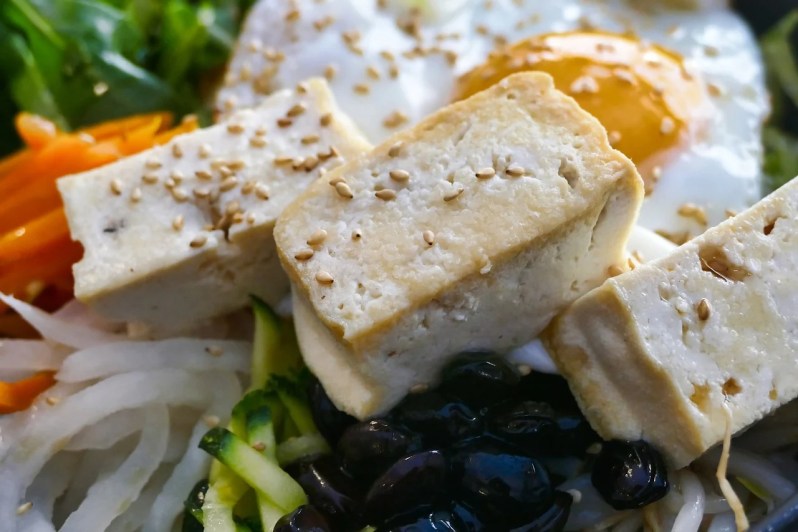
Soy foods, such as tofu, tempeh, edamame, and soy milk, are also among the best sources of plant-based protein because they are also complete proteins.
Most soy products provide around 12–20 grams of protein per 3.5-ounce (100-gram) serving, with tofu and tempeh being on the higher end. They also provide calcium and other minerals. For example, edamame is a good source of gut-supportive fiber and vitamins like folate and vitamin K, while tempeh is a fermented food so it contains natural probiotics, as well as B vitamins, phosphorus, and magnesium.
Seitan
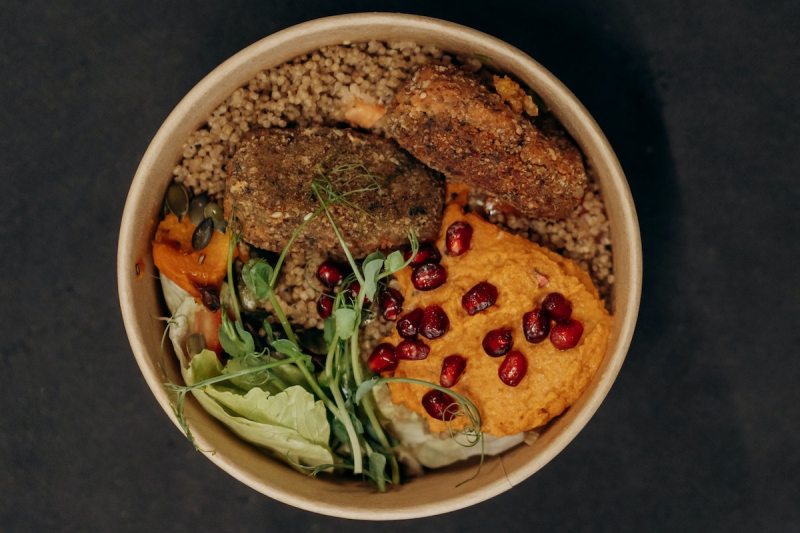
Seitan is a popular plant-based protein often used as a meat substitute in savory vegan dishes. It is made from vital wheat gluten, so it is certainly not safe for someone with celiac disease or a gluten intolerance. However, for those who do not have a sensitivity to wheat or gluten, seitan is one of the best vegan sources of protein because it is a complete protein, meaning it contains all nine essential amino acids. Essential amino acids are those that must be consumed in the diet because the body cannot manufacture them.
Many plant-based proteins are considered “incomplete” proteins because they lack at least one or more of the nine essential amino acids. The good news is that seitan is indeed a complete protein, and with a texture and appearance of meat, many omnivores trying to convert to a plant-based diet appreciate how well seitan can be used as a meat substitute.
Seitan provides about 25 grams of protein per 3.5 ounces (100 grams), so it is also one of the richest plant protein sources. It is also a good source of selenium and iron.
Legumes
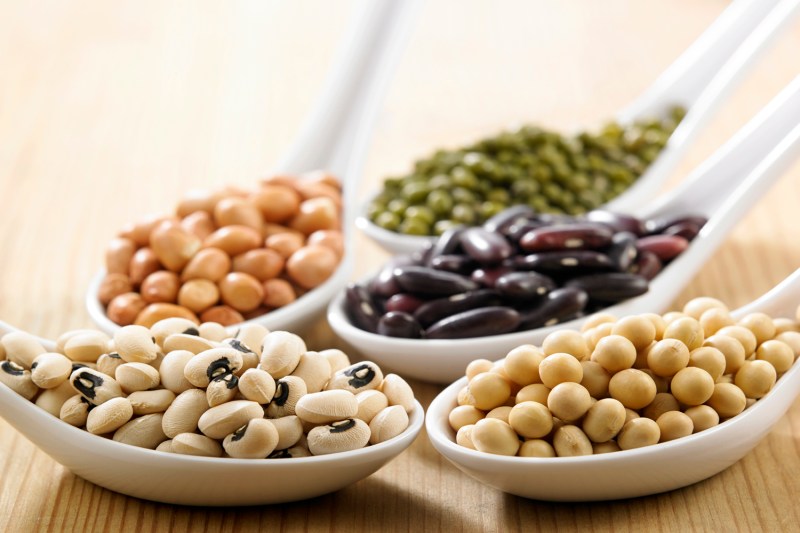
Legumes, such as beans, lentils, chickpeas, and peas, are a good plant-based protein source, and they provide complex carbohydrates and fiber as well.
The protein content varies, but tends to be around 15-18 grams per cup of cooked beans or lentils. For example, lentils provide 18 grams of protein per cup of cooked lentils (198 grams), and have over 50% of your daily fiber needs, along with iron and B vitamins.
Most types of beans also provide iron, folate, phosphorus, manganese, potassium, and beneficial phytonutrients which can help reduce the risk of certain diseases.
In fact, studies show that diets rich in legumes can help decrease blood sugar levels, cholesterol levels, blood pressure, and abdominal fat.
Hemp seeds
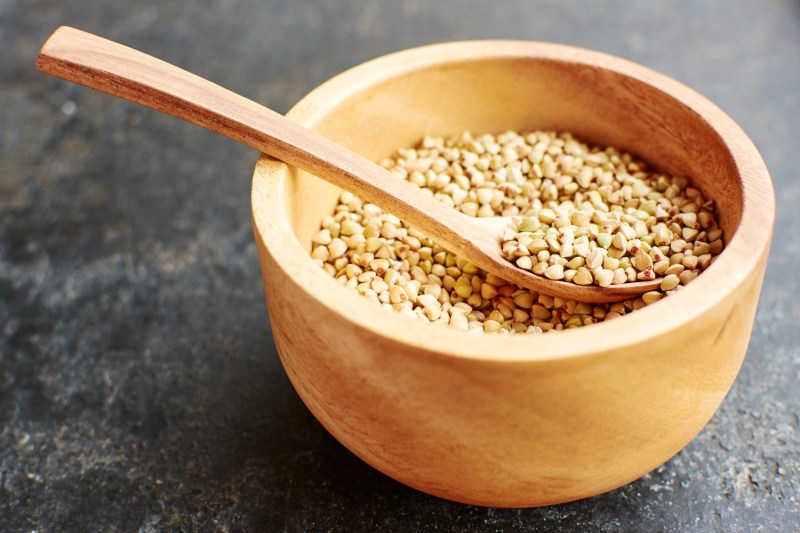
Some people have concerns about eating hemp protein powder or hemp seeds because of its association with marijuana. Although both products do come from the Cannabis family, hemp seeds are derived from the Cannabis sativa plant instead. They contain only trace amounts of the psychoactive compound tetrahydrocannabinol (THC).
They are rich in protein, with 9 grams of protein in each 3-tablespoon (30-gram) serving, along with a lot of iron, zinc, magnesium, calcium, zinc, and selenium. They also provide heart-healthy omega-3 and omega-6 fatty acids.
You can add hemp seeds to cereal, yogurt, smoothies, salads, stir-fries, and oatmeal. Alternatively, hemp protein powder can be used in protein shakes.
Nutritional yeast
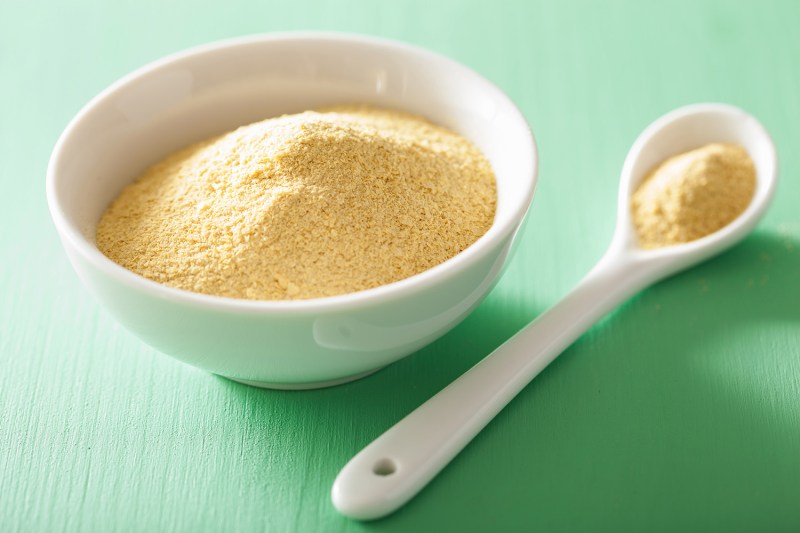
When most people think of the best plant-based protein sources, beans and tofu are the first, and perhaps only, foods that come to mind. However, one of the often overlooked, but best vegan protein foods, is nutritional yeast.
Unlike the yeast used in bread making or beer brewing, nutritional yeast is a deactivated strain of Saccharomyces cerevisiae yeast.
It comes in a package as either a fine yellow powder or larger yellow yeast flakes. It has an umami flavor that resembles Parmesan cheese, making it a great vegan cheese substitute in dishes like pasta, mashed potatoes, or even on popcorn as a seasoning.
Not only is nutritional yeast a complete source of protein, but just half an ounce (16 grams) provides 8 g of protein and 4 g of fiber. Some nutritional yeast is sold as a fortified product, with added B vitamins, including vitamin B12, a nutrient often lacking in a vegan diet. However, some health experts say that it is best to go with the unfortified version, which still contains plenty of natural vitamins and minerals. Some of the synthetic B vitamins that are used to fortify products are considered to be unhealthy and poorly tolerated.
As is the case with any diet, try to vary your plant-based protein sources to ensure you are getting a good balance of all amino acids as well as an array of other nutrients.



